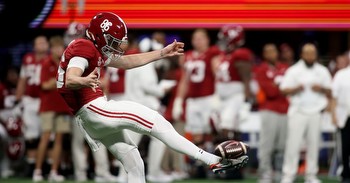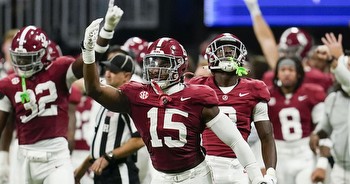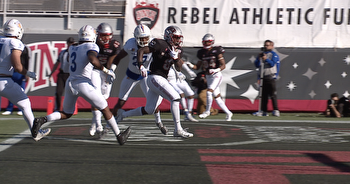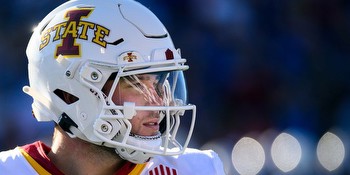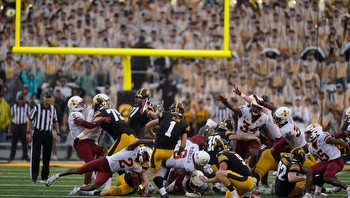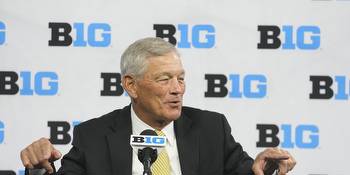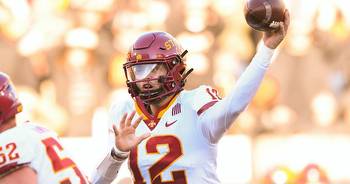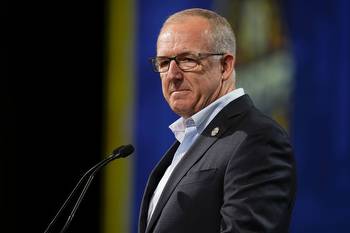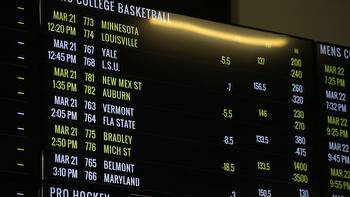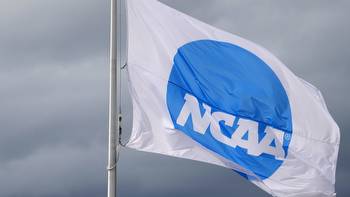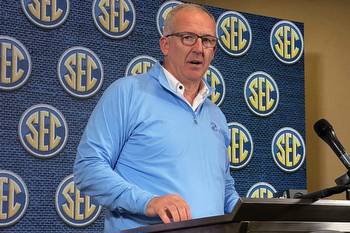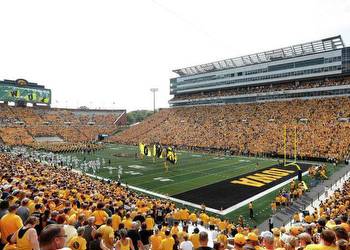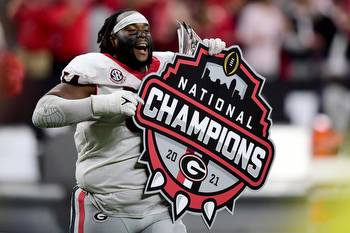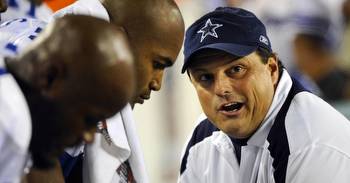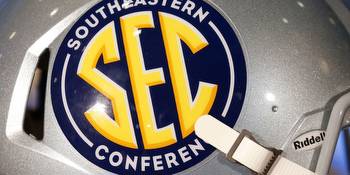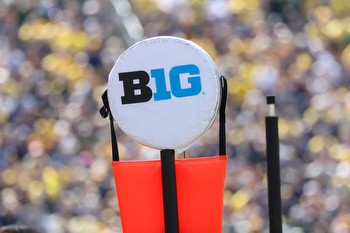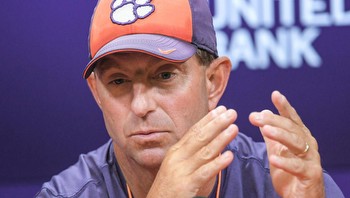How SEC football coaches are handling rise in legal sports gambling
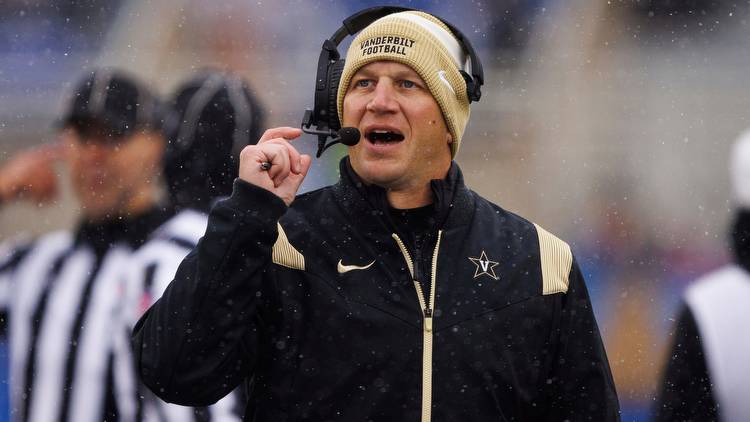
MIRAMAR BEACH, Fla. — Vanderbilt football coach Clark Lea hasn't spent much time talking with his players about the dangers of sports gambling as a college athlete, instead focusing most of his message on promoting "healthy habits and behaviors."
However, as the world of online sports betting becomes more popular and powerful as a corporate partner, Lea knows that is going to have to change.
"With the recent events here, anytime you're getting that level of evidence, you have to step back and say, what is the message? What is the level of education that we need within our team to ensure that we're in making good decisions?" Lea said Tuesday at the SEC spring meetings. "We will absolutely need to spend more time and attention on that, by nature of just understanding a little more about the landscape that we're building."
Since a 2018 Supreme Court ruling struck down the federal law banning commercial sports betting, 36 states plus Washington, D.C., have legalized it in some form. Including the programs that will join the SEC in 2024, four states in the conference's footprint have legalized sports gambling: Arkansas, Louisiana, Mississippi and Tennessee. The state legislatures in Alabama, Georgia, Kentucky, Missouri, Oklahoma, South Carolina and Texas have voted down proposals in the last two years, and Florida's approved bill hangs in limbo amid legal complications with the state's Seminole Tribe.
The NCAA has long prohibited student-athletes from participating in any form of sports betting at any level, but the college sports world has grappled with multiple gambling scandals in recent months: Alabama fired former baseball coach Brad Bohannon on May 4 after he allegedly passed insider information to a bettor in Ohio, and more than 40 athletes at Iowa and Iowa State are under investigation for "potential criminal conduct related to sports wagering."
Alabama football coach Nick Saban said the biggest challenge for college coaches is the accessibility of online gambling and helping players grasp the seriousness of violating the NCAA policy.
"One of the more difficult things is when you make things legal, all of a sudden there's so many so much more access," Saban said. "There's people who are gambling and don't even know they're gambling on some of these social media things ... I think you have to be more diligent about how you approach players so that they understand the consequences of even some of the slightest things."
Multiple coaches said they would support implementing a standardized injury report system similar to those in professional leagues, which would give the public access to information that only team affiliates have historically been privy to.
"The NFL is, in my opinion ... the best sports league in the world for a reason," Missouri football coach Eli Drinkwitz said. "The more we can streamline to some of those things, I think the better, especially now that we've kind of moved away from our collegiate model into more of a business model. I think we need to put those safeguards in place."
Georgia football coach Kirby Smart said his primary concern with injury reports is implementing them across all teams and conferences to prevent a competitive advantage.
"If everybody's giving an injury report, that's not a problem," Smart said. "They do it in the NFL. I was in the NFL, that's not a huge deal as long as it's level. But a lot of the issues that are created in college sports today are based on the imbalance ... We go back to the same thing: We need great leadership. We need somebody to come along and say 'This is the way it's going to be done,' and everybody adhere to it."

